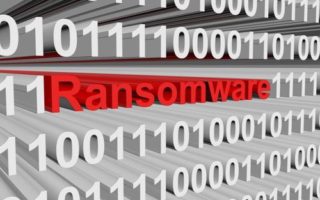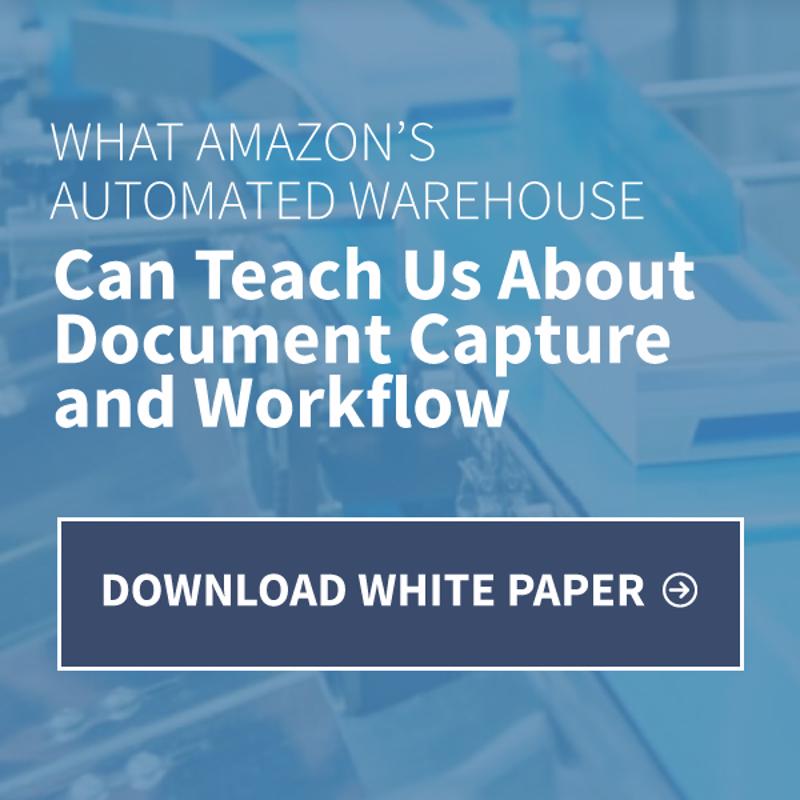
Law firms, document management and ransomware: What you need to know
In recent years, many law firms have made the wise decision to start utilizing document management platforms for their day-to-day work. However, even when instituting best practices for use by trusted and well-trained employees, there are risks inherent to such a system, just as there are for using physical documents.
Certainly, document management software solutions are more secure and convenient for your law firm, for a number of reasons, according to Legal Desire. These include the fact that – with proper login credentials – critical data can be either put into the system or pulled up from any remote location, and searched with ease. In addition, it becomes far easier to keep sensitive files secured, with stronger login requirements such as two-factor authentication.
What's needed?
To get the additional productivity, convenience and efficiency that come with a legal document management system, you and your employees will typically only need to be properly trained in using it, and in protecting their accounts. The potentially massive quantities of sensitive files you keep in such a platform can be a huge boon for your firm, but it also needs to be safeguarded on an ongoing basis, especially as the prevalence of certain types of data breaches continues to rise.
Ransomware is a particular weakness
Many in the legal profession have likely seen the rise of ransomware affecting all kinds of businesses and organizations, and large or small, they face a similar risk, according to Law.com. In fact, of the 42 legal organizations to have been hit by ransomware attacks in recent years, more than 3 in 5 were law firms, and of those, more than half had fewer than 20 lawyers on staff. Meanwhile, even massive firms with 500-plus lawyers on the payroll – with potentially massive budgets for cybersecurity – were impacted in 1 in every 5 cases.
What does this mean for your practice? Vigilance is key. People have to know what to look out for, especially because ransomware is rarely targeted at a specific company and often manifests in the form of messages asking email recipients to click a seemingly innocuous link. For that reason, it's critical to properly train everyone to spot suspicious emails on an ongoing basis.
Also, using a cloud-based document management system like DocuWare can prevent ransomware from encrypting your client and corporate documents.

